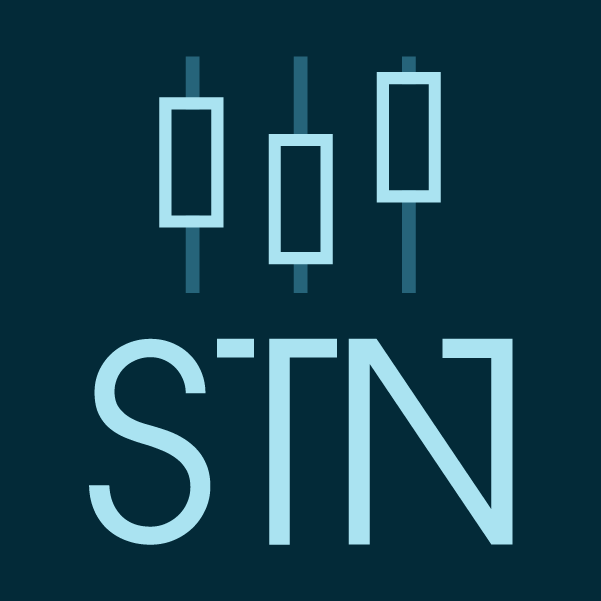The Hong Kong Securities Regulatory Authority, Securities and Futures Commission (SFC), issued the official guidance on safety token proposals (STO) in a statement issued March 28.
The guide aims to clarify legal and regulatory requirements for parties involved in the activity. The document begins with a proposed working definition of a security token and a sale, noting that:
"STO services typically refer to specific offers that are structured to have features of traditional securities offerings and include security tokens, which are digital representations of the ownership of assets (for example, gold or real estate) or economic rights (for example, shares of profit or revenue). ) using blockchain technology. ”
According to the SFC, security tokens can be “securities” in accordance with Hong Kong Securities and Futures Ordinance and, therefore, are subject to applicable securities laws.
If no exception is applied, this therefore means that any STO based in Hong Kong, or STO targeting Hong Kong investors, must acquire a license and register to work with securities in accordance with the provisions of the ordinance.
Participation in securities transactions (defined as “type 1 regulated activities”) without a proper license is a criminal offense, the SFC notes.
Intermediaries who intend to sell or manage are also required to comply with the existing Code of Conduct for organizations that are licensed or registered with the securities regulator. The statement also notes that security tokens are considered “complex products” for which additional investor protection measures are additionally applied.
Finally, the SFC states that potential STO operators must follow the instructions that he had previously set out in a November 2018 circular letter for crypto exchangers and intermediaries involved in the distribution of virtual assets.
This guide covered three points. Firstly, compliance with the aforementioned license and registration requirements, as well as a clear restriction of STO sales only to professional investors.
Secondly, intermediaries are required to conduct due diligence to develop a full understanding of the STO in question. Intermediaries are also instructed to ensure that any information provided to investors is reliable and not misleading.
Finally, they are required to provide investors with transparent information, as well as issue warnings describing the risks associated with investing in virtual assets.
In the context of the United States, numerous cryptoindustrial figures and lawmakers appealed to the country's securities regulator with a request to provide greater transparency of regulation for blockchain-based tokens.

